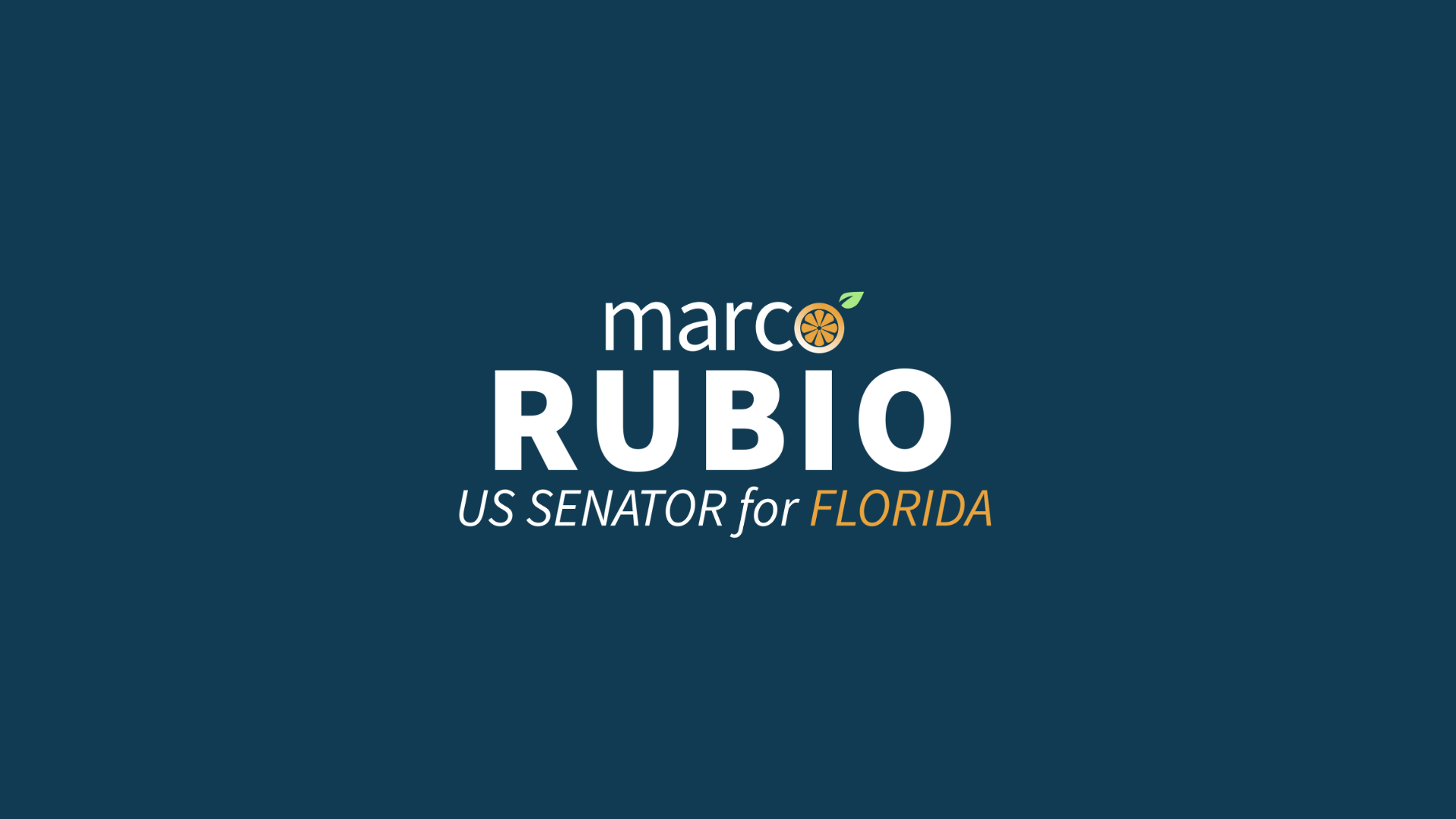Source: United States Senator for Florida Marco Rubio
Washington, D.C.? U.S. Senator Marco Rubio (R-FL) sent a letter to President Joe Biden following his remarks to the press that he received a commitment from Chinese Communist Party General Secretary Xi Jinping that both countries would “abide by the Taiwan agreement” and asking for him to clarify his comments. President Biden’s comment occurs days after China flew more than 152 aircraft into Taiwan’s air defense identification zone, which Rubio condemned.
“For decades, there has been strong bipartisan consensus regarding the U.S. commitment to Taiwan as we have shared democratic values and a model for everything we want the Indo-Pacific to look like,” Rubio said. “I believe you still understand the critical importance of Taiwan’s defense as a core U.S. national security interest, which is why I am concerned over your recounting of a recent call with Chinese Communist Party General Secretary Xi Jinping.”
“Should the PRC attempt to seize control of Taiwan by force, they will undoubtedly point to its misrepresentations of these agreements to assert that the U.S. has no right to intervene in defense of the Taiwanese people,” Rubio continued. “For this reason, we should be crystal clear that the U.S. interpretation of its commitments in these agreements prevails over PRC distortions.”
“It is critical that the U.S. stands resolute in its support for Taiwan’s territorial integrity and democratic sovereignty,” Rubio concluded. “Allowing a genocidal and totalitarian regime in Beijing to take Taiwan would not only completely undermine the credibility of the U.S., and our alliance system in the region, it could potentially endanger international supply chains and trade that uphold the American economy.”
The full text of the letter is below.
Dear Mr. President:
For decades, there has been strong bipartisan consensus regarding the U.S. commitment to Taiwan, as we have shared democratic values and Taiwan has become a model for everything we want the Indo-Pacific to look like. I believe you still understand the critical importance of Taiwan’s defense as a core U.S. national security interest, which is why I am concerned over your recounting of a recent call with Chinese Communist Party General Secretary Xi Jinping. Your comments that the United States and the People’s Republic of China (PRC) “will abide by the Taiwan agreement” have left many confused as to what exactly you meant.
It is my sincere hope that you were referring to the three agreements signed between the U.S. and PRC, from 1972 to 1982, which established diplomatic relations and made certain statements regarding Taiwan. As you know, the administrations that negotiated these agreements carefully formulated them to withhold any U.S. acceptance of the PRC’s territorial claim over the island of Taiwan. Regardless of how the PRC misinterprets those agreements, it has been longstanding U.S. policy to support Taiwan. Since 1979, the U.S. has regarded Taiwan’s status as unresolved and insisted that its resolution must be achieved peacefully. This is made clear by the Taiwan Relations Act (P.L. 96-8), which was signed into law in 1979, and the Six Assurances provided by President Ronald Reagan to Taiwan in 1982.
For years, the PRC has worked tirelessly to undermine and misrepresent statements contained in Taiwan-related agreements in which the U.S. supports the general principle of respect for the territorial integrity of all states. Should the PRC attempt to seize control of Taiwan by force, they will undoubtedly point to its misrepresentations of these agreements to assert that the U.S. has no right to intervene in defense of the Taiwanese people. For this reason, we should be crystal clear that the U.S. interpretation of its commitments in these agreements prevails over PRC distortions.
This week, democratically-elected Taiwanese President Tsai-Ing-wen wrote, “if Taiwan were to fall, the consequences would be catastrophic for regional peace and the democratic alliance system. It would signal that in today’s global contest of values, authoritarianism has the upper hand over democracy.” It is critical that the U.S. stands resolute in its support for Taiwan’s territorial integrity and democratic sovereignty. Allowing the genocidal and totalitarian regime in Beijing to take Taiwan would not only completely undermine the credibility of the U.S. and our alliance system in the region, but also could potentially endanger international supply chains and trade that uphold the American economy. As such, I urge you to clarify immediately your statements regarding your conversation with Xi Jinping. Specifically:
- Which agreement were you referring to when you said the “Taiwan Agreement”?
- Is there a new or pending agreement regarding Taiwan?
- Will this agreement be submitted to the Senate for its advice and consent?
I look forward to your swift reply. Thank you for your attention to these important matters.
Sincerely,
